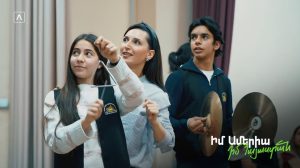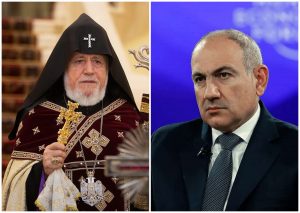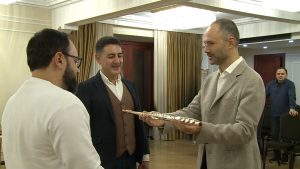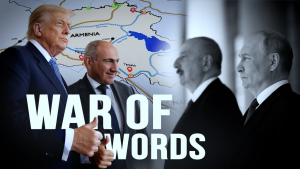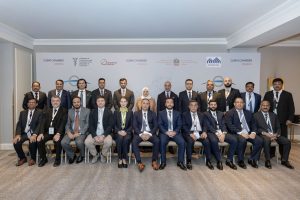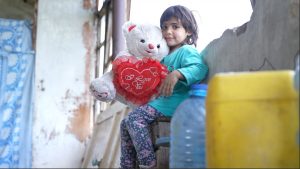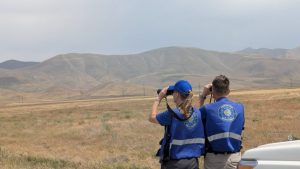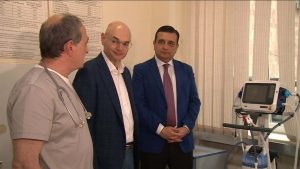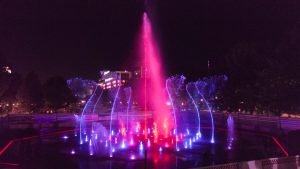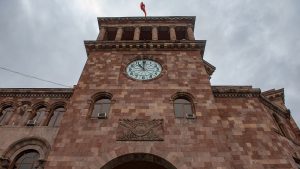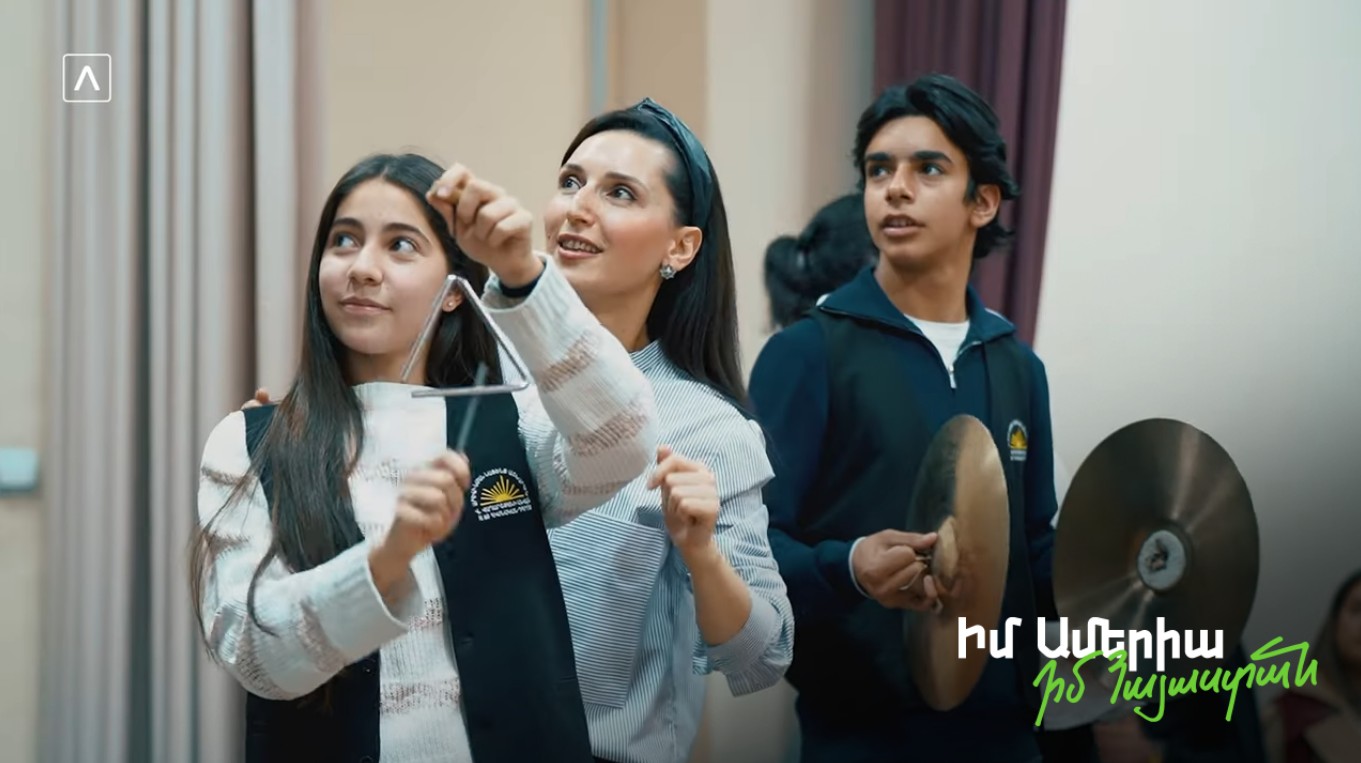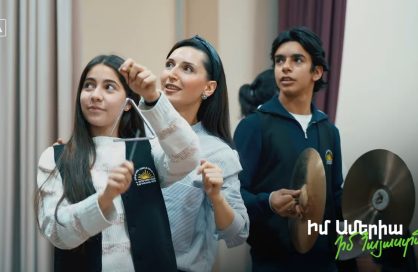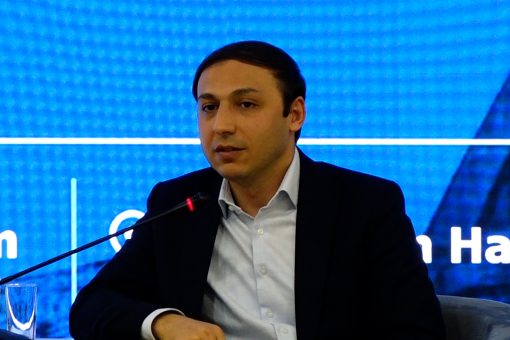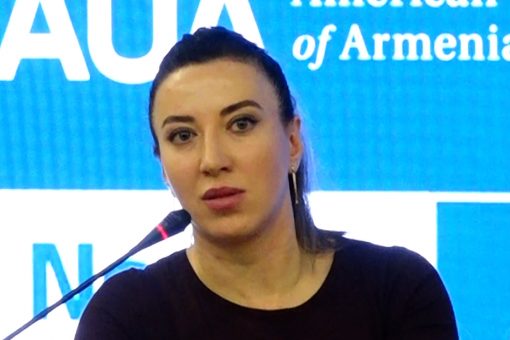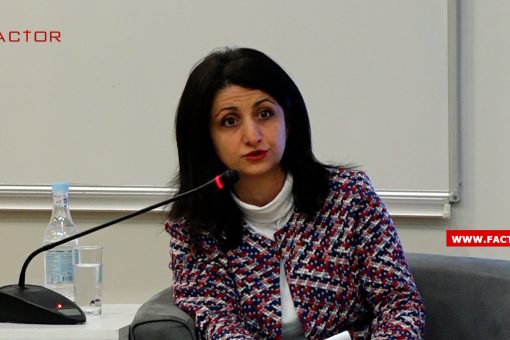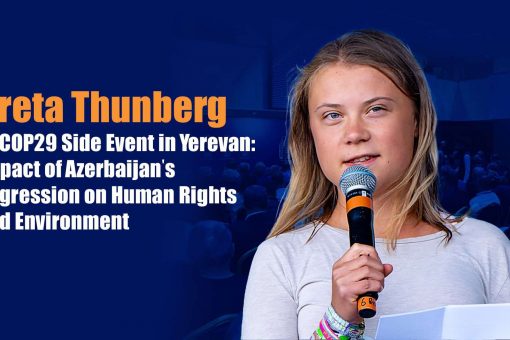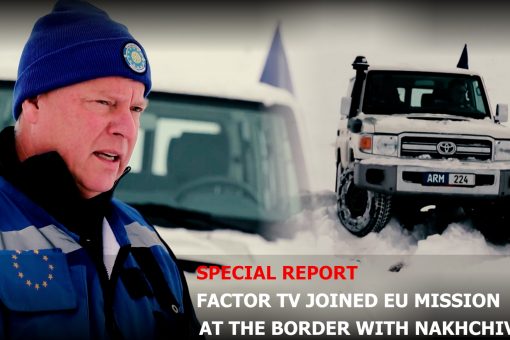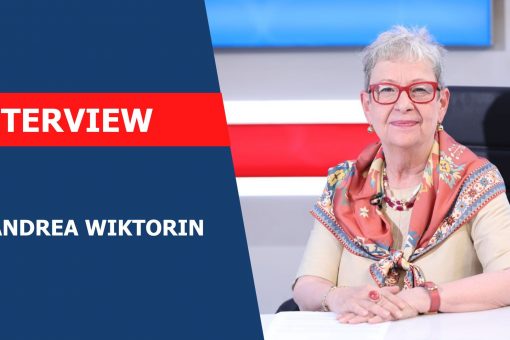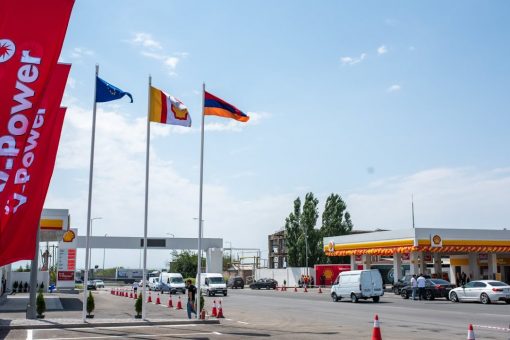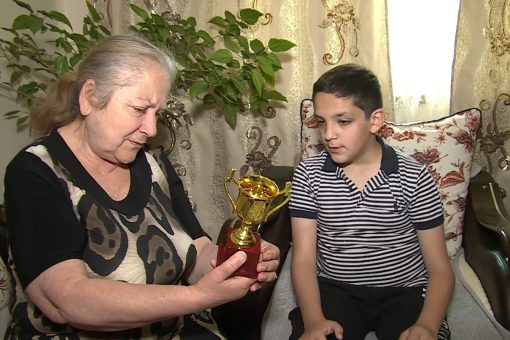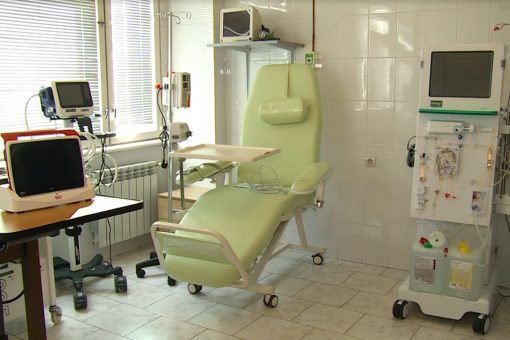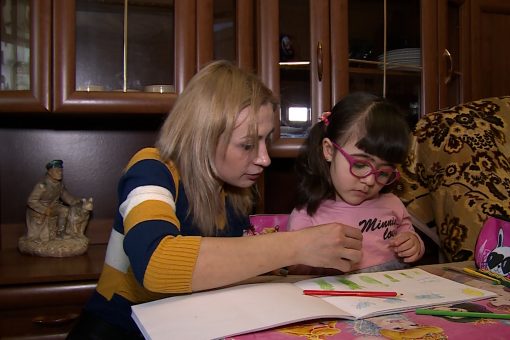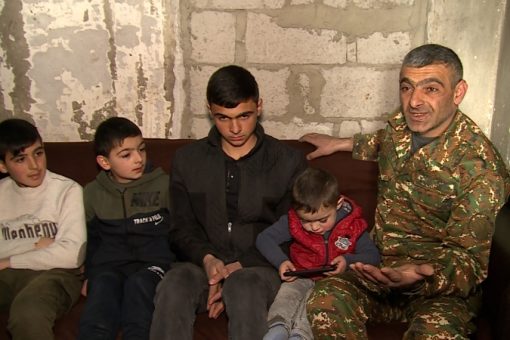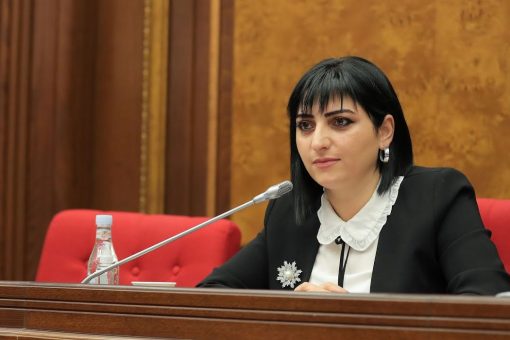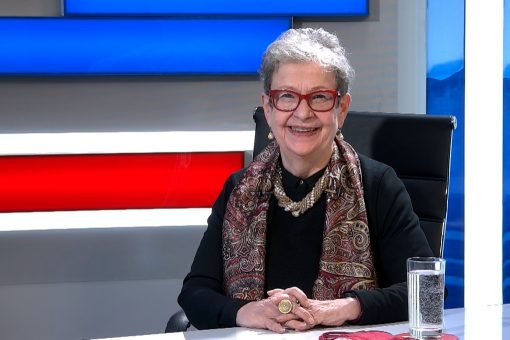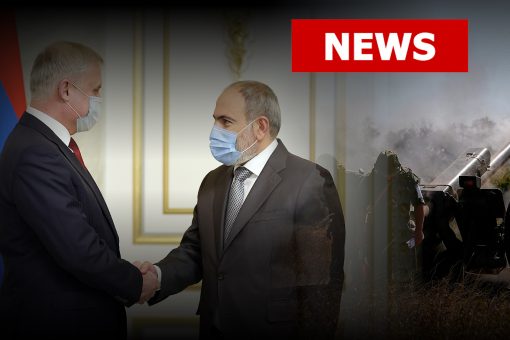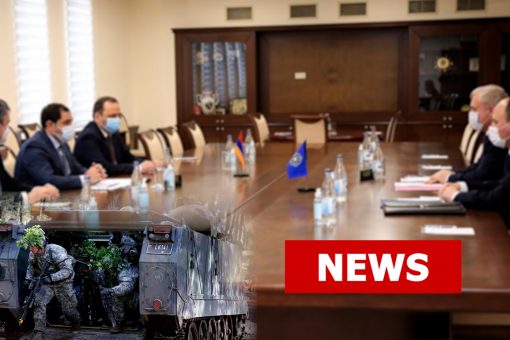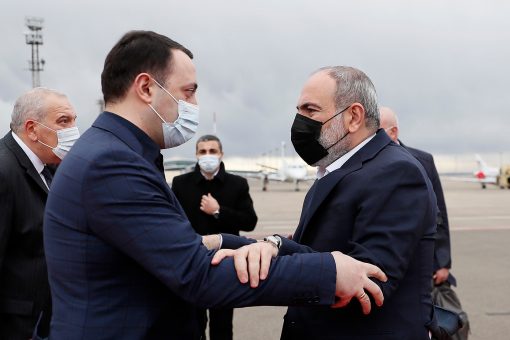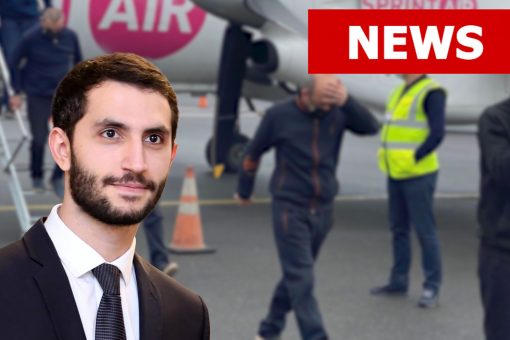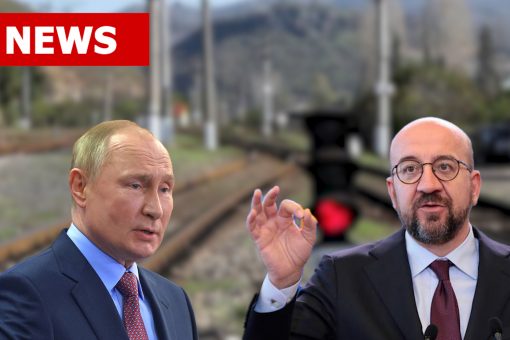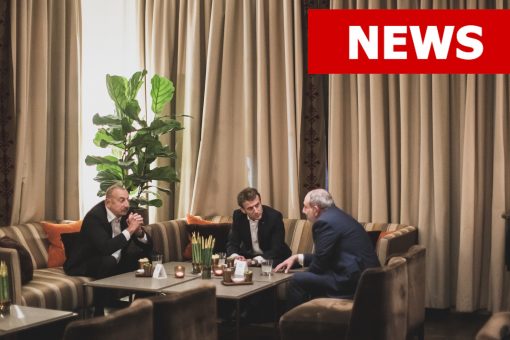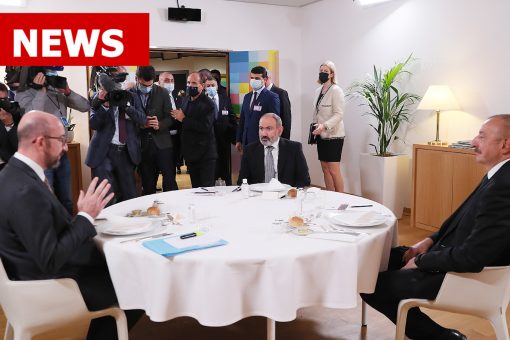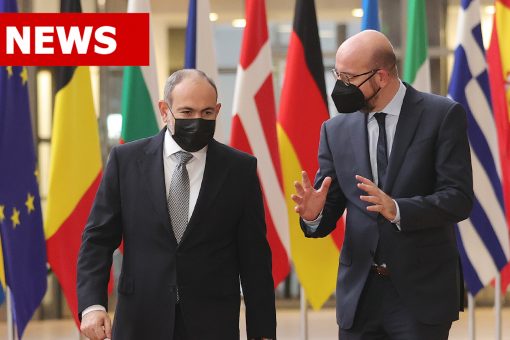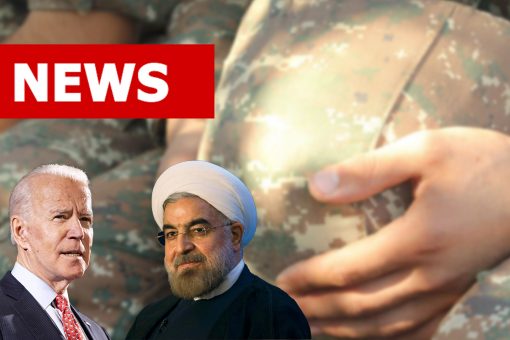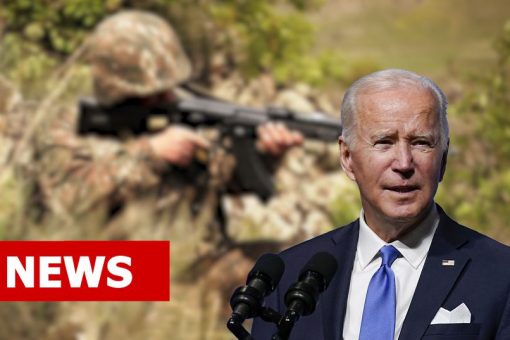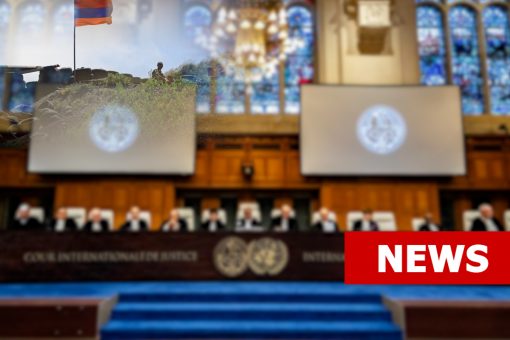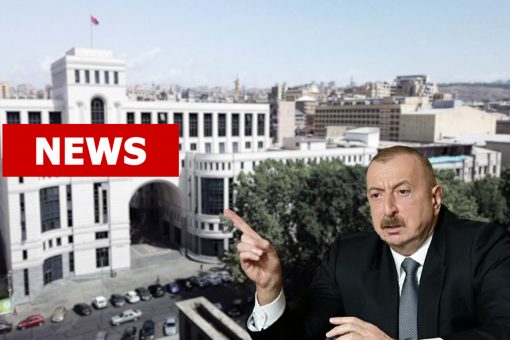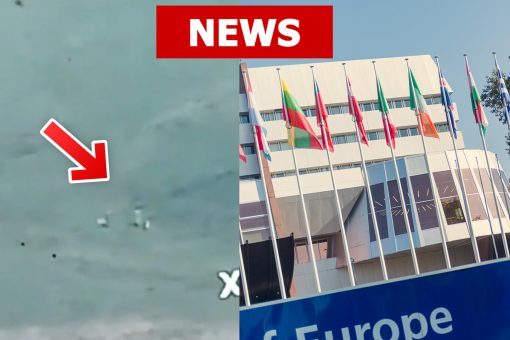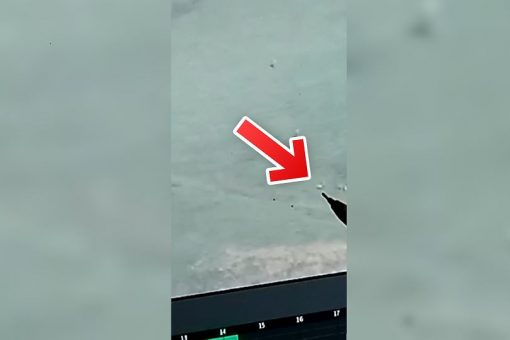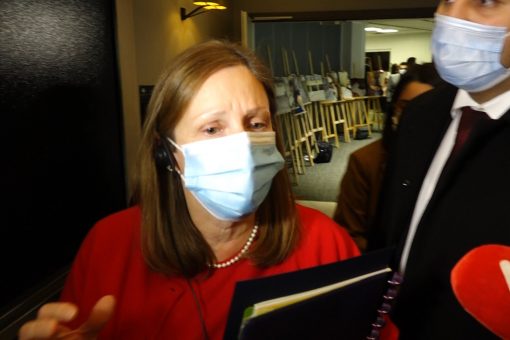Votes of Russian delegates on pro-Armenian and pro-Azerbaijani PACE resolutions․ What do the numbers say?
POLITICS
28.10.2021 | 18:47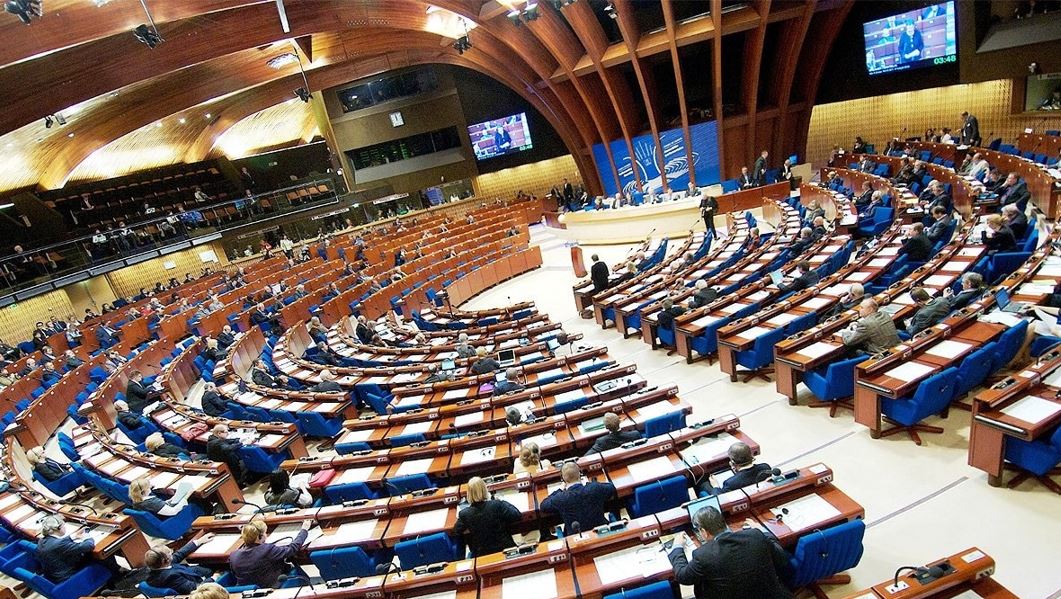
Delegations appointed by the parliaments of more than 45 countries of the European and Eurasian regions are represented in the Parliamentary Assembly of the Council of Europe (PACE).
Through the votes of the members of the delegations the resolutions and agendas discussed at the Assembly outline the positions of the countries represented by them on international and regional events, as well as the attitude of those countries towards other countries.
Armenia and Azerbaijan joined this international organization in 2001, and Russia, the strategic ally of Armenia, has been a member of the organization since 1996.
The Union of Informed Citizens has summed up the votes of the Russian delegations of different years since 2001 on all the resolutions related to Armenia, Azerbaijan and the Artsakh issue.
It should be noted that in 2014, due to the annexation of Crimea to Russia, the PACE deprived the latter of its right to vote, as well as the right to participate in the work of the governing bodies and observation missions, and only in June 2019 the Assembly returned the powers of the Russian delegation. Therefore, in the data presented below and in the infographic we have bypassed the resolutions related to the Nagorno-Karabakh conflict, Armenia and Azerbaijan and their votes during that period.
Russia has supported Azerbaijan’s territorial integrity in PACE, ignoring issues of self-determination of nations and prisoners of war
In 2008, the PACE adopted Resolution 1614 “The Functioning of Democratic Institutions in Azerbaijan”, the 25th point of which first states Azerbaijan’s “commitment to an exclusively peaceful settlement of the Artsakh conflict,” then states: “The Assembly notes that the sustainable democratic development of Azerbaijan will be extremely difficult until the country’s territorial integrity is restored.”
In the resolution, the Assembly takes note of the UN General Assembly Resolution of 14 March 2008 on the Situation in the Occupied Territories of Azerbaijan, reaffirming the need to restore Azerbaijan’s territorial integrity, supporting the restoration of internationally recognized borders and joining the demand of withdrawal of Armenian Armed Forces immediately. The resolution does not contain any reference to the principle of self-determination of nations.
The Armenian delegation, which at that time included Raffi Hovannisian from the Heritage Party, Armen Rustamyan from the ARF Dashnaktsutyun, and David Harutyunyan from the Republican Party of Armenia, voted against the resolution. Eight deputies from the Russian delegation to the PACE took part in the voting, with one vote against the Resolution and one abstained. The majority of the delegation supported the resolution with anti-Armenian wording.
The next resolution on the Nagorno-Karabakh conflict, which was voted on by the Russian delegation, is the report “Progress of the Assembly’s Monitoring Procedure (January-December, 2020).” In the 5th, 8.11th and 11th points related to the conflict Armenia and Azerbaijan are equally blamed. The first states that the PACE Monitoring Committee followed the war unleashed in Artsakh on 27 September 2020 and called for a peaceful settlement of the conflict.
The resolution includes harsh wording on human rights, political persecution, justice, and other issues in Russia, which is why the entire Russian delegation voted against it.
In September 2021, the resolution “On the Humanitarian Consequences of the Conflict between Armenia and Azerbaijan” was adopted, which, among other things, referred to the involvement of Turkish-backed mercenaries in the 44-day war, the propaganda of intolerance of Armenians at that state level), violations of the rights of prisoners of war, facts of torture, unjustified deprivation of liberty, issues of disappearance of prisoners of war, possible murder, immediate repatriation.
The entire Azerbaijani delegation voted against the resolution, while the Russian did not take part in the vote.
Later, Alexei Zaitzev0, Deputy Director of the Information Department of the Russian Foreign Ministry, said in response to a question on Russia’s position on the demilitarization of the Armenian-Azerbaijani border, which was included in the resolution, “taking into account the Russia’s role as a mediator the delegation did not participate in the document voting, the provisions of which initially caused controversy between the parties.”
Thus, the Russian delegation to the PACE supported Azerbaijan’s territorial integrity in the voting of one of the resolutions on the Nagorno-Karabakh conflict, instead avoiding supporting the resolution with wording following the spirit of November 9 statement (point 8) mediated by Russia and the humanitarian consequences of the 44-day war.
Human rights violations, suppression of free speech, political prisoners: Russia and Azerbaijan share the same “values”
The Russian delegation supported Azerbaijan by voting in favor of the unique resolutions that promote the functioning of the democratic institutions of that country. Russia has six times supported Azerbaijan, which is in conflict with its strategic ally Armenia, by voting against anti-Azerbaijani resolutions. The resolutions mainly referred to gross human rights violations in that country, restrictions on freedom of speech, persecution of political opponents, political prisoners, electoral issues, corruption, justice and other areas. It should be noted that 5 of the resolutions also contained anti-Russian statements.
The Russian delegation voted in favor of only one anti-Azerbaijani resolution concerning the demand for disclosure of the assassination of Maltese journalist Daphne Caruana Galicia, who uncovered corruption deals between high-ranking Maltese officials and Azerbaijan.
Resolutions concerning Armenia
The Russian delegation 4 times mainly voted in favor of the reports on the implementation of the commitments undertaken by the Republic of Armenia as a member of the Council of Europe, the reports on the functioning of democratic institutions. It did not take part in the voting of the resolutions with pro-Armenian wording twice and it was against such resolutions again twice․ They also contained anti-Russian rhetoric.
The Russian delegation generally did not support Armenia during most of the resolutions on March 1 and subsequent developments, and only one of them contained anti-Russian rhetoric.
The infographic below summarizes the voting statistics of the deputies of the Russian delegation to the PACE with the pro-Armenian/anti-Armenian and pro-Azerbaijani/anti-Azerbaijani resolutions.




